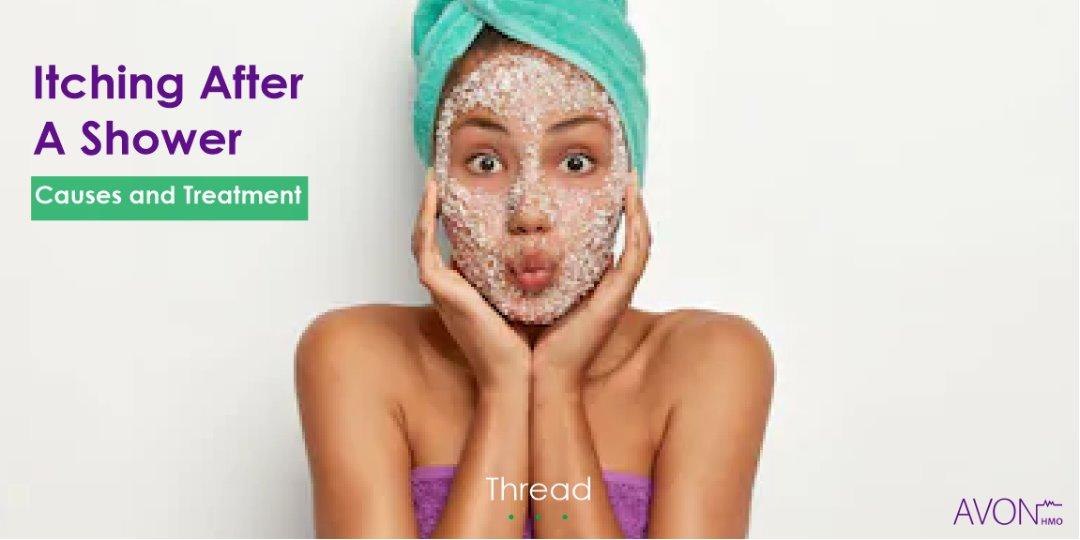For some people, having a bath comes with an uncomfortable side effect: pesky, persistent itching.
Read this #thread to find out why it happens and how to treat it.
#HealthyLiving

Below are a number of reasons behind what’s causing your skin to itch after showering.
“Xerosis cutis” simply means that your skin is too dry. Soaking your skin in hot water for extended periods of time can strip your skin of its natural oils, irritating skin that already lacks moisture. Sometimes that results in itching after a shower.
It’s possible that the soap you’re using is drying out your skin as it cleans. A harsh soap may not always leave a rash that you can see but it can leave a lasting itch after your shower is over.
With this condition, your nervous system can be activated by water on your skin. As a result, you get itchy after a shower or bath. This condition is rare, and if you have it, you probably already know.
If your itching is persistent after a shower, you may want to consider using a home remedy as a treatment. Below are some ways you can prevent itching or treat it if it happens:
Rubbing your skin with a towel after a shower can strip your skin of moisture. Don’t try to remove every water droplet from your skin. Instead, pat your skin dry with your towel after washing off.
Applying moisturizer while your skin is just a bit damp will help to lock moisture into your skin barrier. Opt for a fragrance-free hypoallergenic moisturizer.
If you’re having recurrent itching without a rash after you shower, maybe it’s time to switch soaps. Look for a soap with mild, hypo-allergenic ingredients. Moisturizing soap has been found to have a positive effect on reducing the symptoms of dry skin.
If you take long showers, you may be leaving your skin parched. Taking shorter showers with lukewarm water may give you skin that’s healthier and less itchy.
Dermatologists usually recommend using menthol or calamine lotion at the site of itching and irritation.
Creams that contain lactic acid may be used to soothe itching from dry skin and to help bind moisture to the skin. Pramoxine hydrochloride is another promising ingredient that has been shown to decrease itching caused by dry skin.
You can use essential oils to prevent or treat itching. Dilute any essential oil that you choose with a soothing carrier oil, such as sweet almond or jojoba oil, before being applied to skin that’s irritated.
Being dehydrated can lead to skin that feels dry. In general, make sure that you’re getting eight cups of water (or more!) each day to hydrate your body properly.
Do have a lovely evening.








